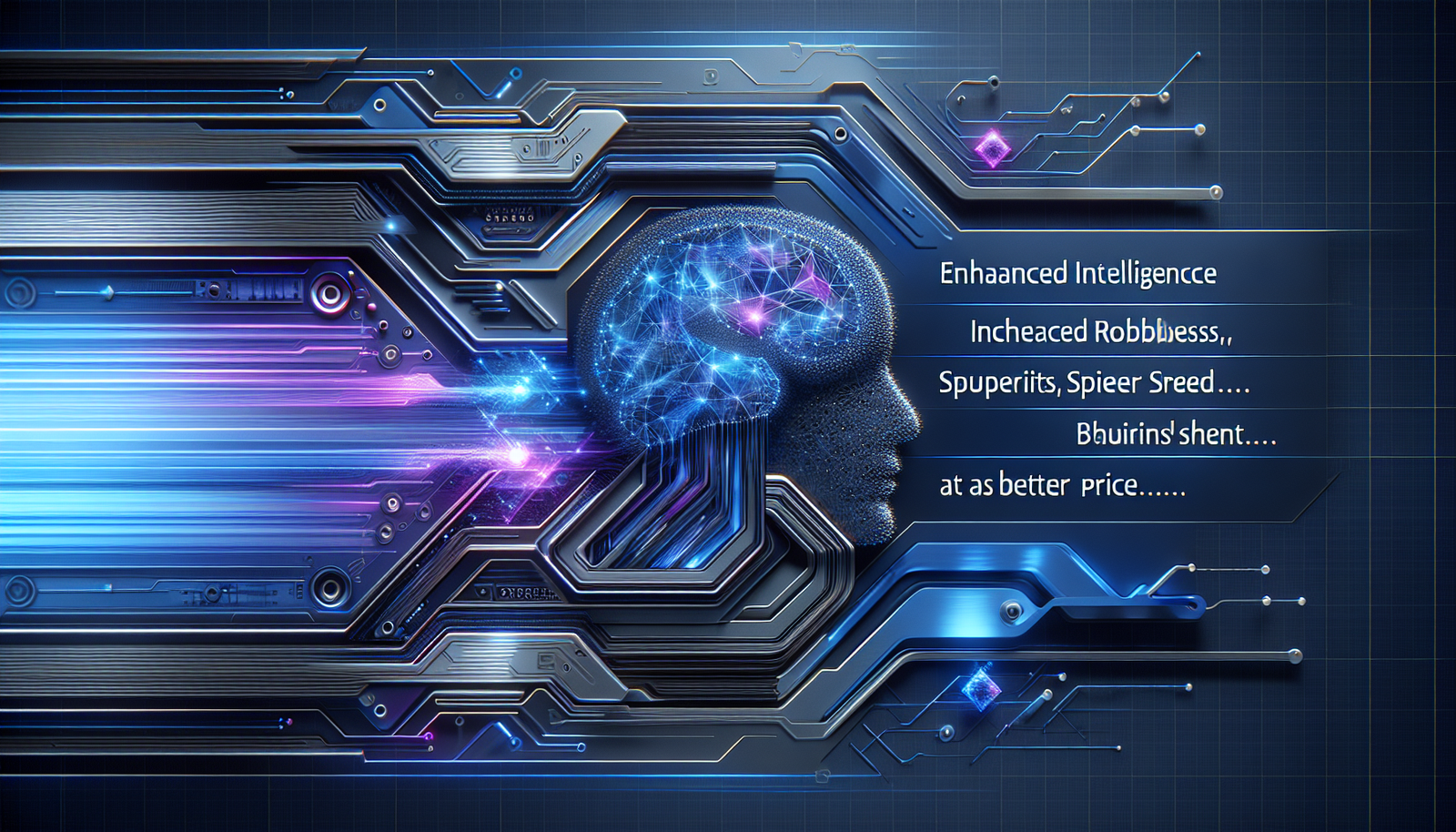An innovative therapist is redefining the boundaries of mental health through artificial intelligence. AI transforms the exchanges between practitioner and patient, making psychological support more accessible. This technological evolution enriches therapeutic tools, offering personalized and tailored experiences to meet needs. The synergy between humanity and algorithms opens new perspectives for better understanding emotional suffering and promoting well-being.
An innovative approach to therapy
An intelligent therapist uses artificial intelligence to optimize their interventions with clients. By employing sophisticated algorithms, they analyze behavioral data to customize therapeutic approaches. The results indicate that AI provides solutions tailored to the specific needs of each patient, thus fostering their well-being.
How artificial intelligence works
The AI used by this therapist relies on advanced data analysis techniques. By utilizing predictive models, it identifies recurring patterns in clients’ behaviors. From these elements, the therapist develops intervention strategies that specifically address the psychological challenges faced by their clients.
The benefits observed in patients
Clients’ feedback is overwhelmingly positive. Many report a significant improvement in their emotional and mental state. Thanks to a personalized approach, patients feel true support throughout their therapeutic journey. This method enhances the effectiveness of consultations, facilitating a constructive dialogue.
A seamless integration of AI in practice
The therapist seamlessly integrates artificial intelligence into their sessions. Interactions remain deeply human, with AI serving as a complement rather than a substitute. This collaborative process fosters an atmosphere of trust and openness. Patients feel heard and understood, essential elements for their progress.
Comparison with traditional methods
Compared to traditional methods, AI-assisted approaches can offer faster results. Data-driven therapeutic protocols are often more precise and effective. Some studies claim that this method can even reduce the time needed to observe significant positive changes, making therapy more accessible.
The ethical implications of AI in therapy
The use of artificial intelligence in the therapeutic field raises important ethical questions. Protecting personal data is paramount, as is obtaining informed consent from patients. Therapists must navigate wisely between technological innovation and respecting clients’ privacy, a delicate balance to maintain.
Application in other fields
The successes encountered by this intelligent therapist mark a trend that could extend to other specialties. AI could potentially transform areas such as psychiatry or general medicine through predictive analysis tools. Research on the effectiveness of avatars in therapy, for example, shows promising results for those who hear voices, making therapeutic work more inclusive. To learn more about the use of avatars in therapy, check out this study.
Toward a technological future in therapy
As algorithms improve, the future of therapy could undergo exponential transformations. AI could provide personalized solutions to an increasing number of patients. Beyond the currently available tools, research will continue to explore the potential applications of artificial intelligence in mental health care. An interesting example is the development of chatbot systems, like the old Eliza, which are being revitalized today. To discover these innovations, check out this article.
The challenges of integrating AI
Incorporating artificial intelligence into therapeutic practices requires adequate training for professionals. Many must adapt to these new technologies, learning to apply digital tools while maintaining an authentic connection with their patients. This transition demands continuous reflection on the balance between technology and human interaction.
The reaction of professionals in the field
Opinions among mental health professionals are mixed. Some see AI as a way to enhance their practice, while others question its long-term impact. These discussions are crucial for establishing standards that ensure the quality of care while integrating these technological advances. For a more detailed opinion on the impact of technology, you can read this article on conversational technologies.
Conclusions to consider
The capacity of artificial intelligence to transform therapeutic practices opens fascinating horizons. It allows for reaching a broader diversity of patients with personalized approaches, thus increasing the chances of therapeutic success. The harmonious integration of AI requires constant vigilance to preserve the essential human element in this profession. The clinic of the future could very well rely on these technological advances to offer even more effective solutions. For broader reflections on the subject, explore this article.
Frequently asked questions
How does an intelligent therapist using AI help clients?
An intelligent therapist uses artificial intelligence algorithms to analyze clients’ emotions and behaviors, thereby offering tailored solutions to improve their well-being.
What types of problems can an intelligent therapist help resolve?
An intelligent therapist can address various issues such as anxiety, depression, stress, and relationship difficulties, providing strategies to manage them effectively.
Is there evidence of the effectiveness of AI in the field of therapy?
Yes, several studies show that AI-supported therapies can enhance client engagement and provide positive outcomes comparable to traditional methods.
Is data confidentiality respected with therapists using AI?
Yes, platforms employing intelligent therapists implement strict measures to ensure the confidentiality and security of clients’ personal data.
Can you consult an intelligent therapist online and what are the modalities?
Yes, consultations with an intelligent therapist can be conducted online through secure platforms, offering flexibility and accessibility for clients.
Do intelligent therapists completely replace human therapists?
No, intelligent therapists are designed to complement human support. They provide additional assistance but do not replace the essential human interaction needed in some cases.
What is the typical duration of a session with an intelligent therapist?
Sessions with an intelligent therapist generally last between 30 minutes and one hour, depending on the platform and the specific needs of the client.
How do you choose an intelligent therapist suited to your needs?
It is advisable to read user reviews, check the platform’s certifications, and ensure that the therapist uses methods suited to your personal situation.
What costs are associated with using an intelligent therapist?
Costs vary depending on the platform and the type of service provided. Some applications may offer free consultations, while others may have monthly subscription fees.
Can an intelligent therapist be used as a first step before consulting a professional?
Yes, using an intelligent therapist can serve as a first step to assess mental health needs before consulting a professional if necessary.






